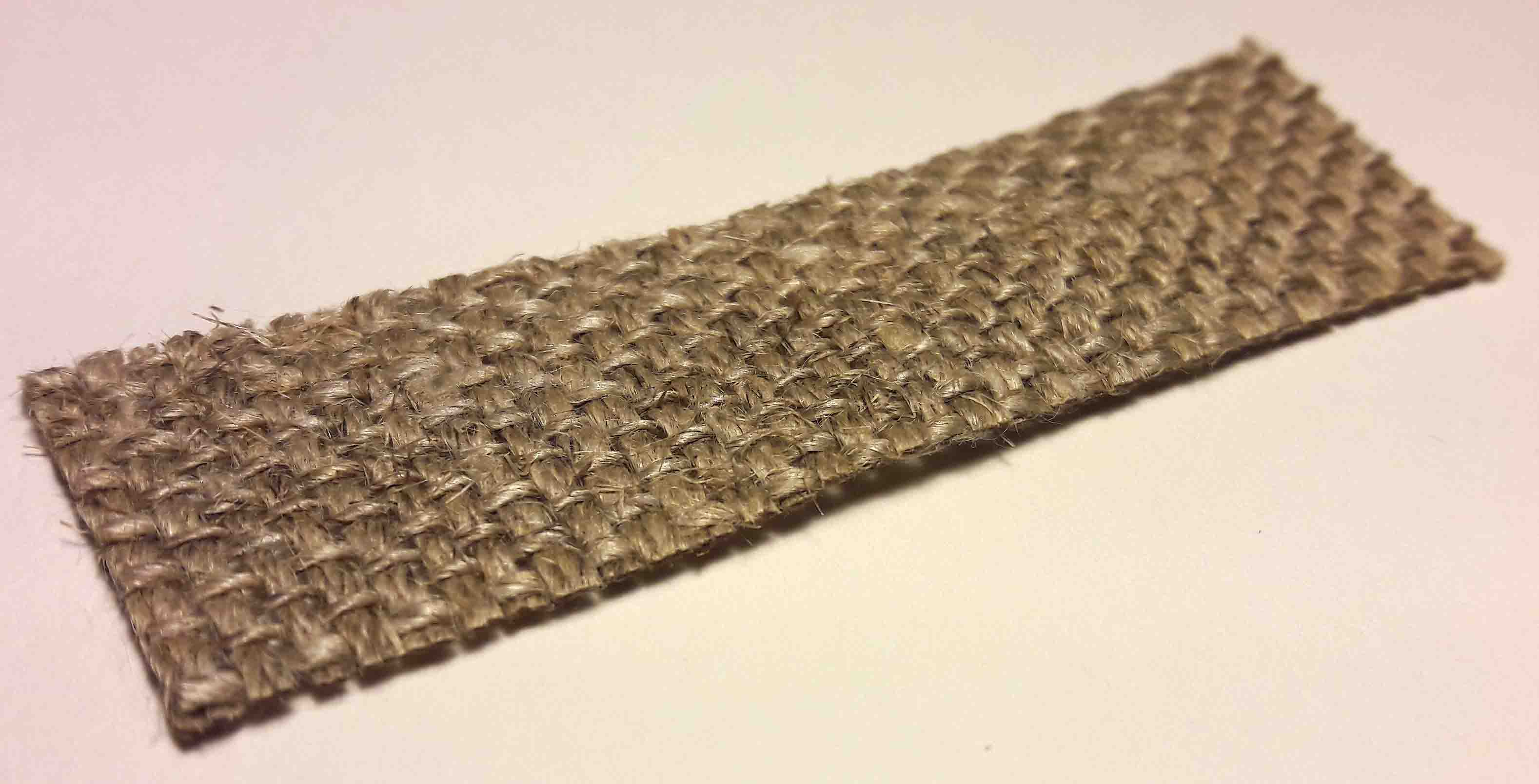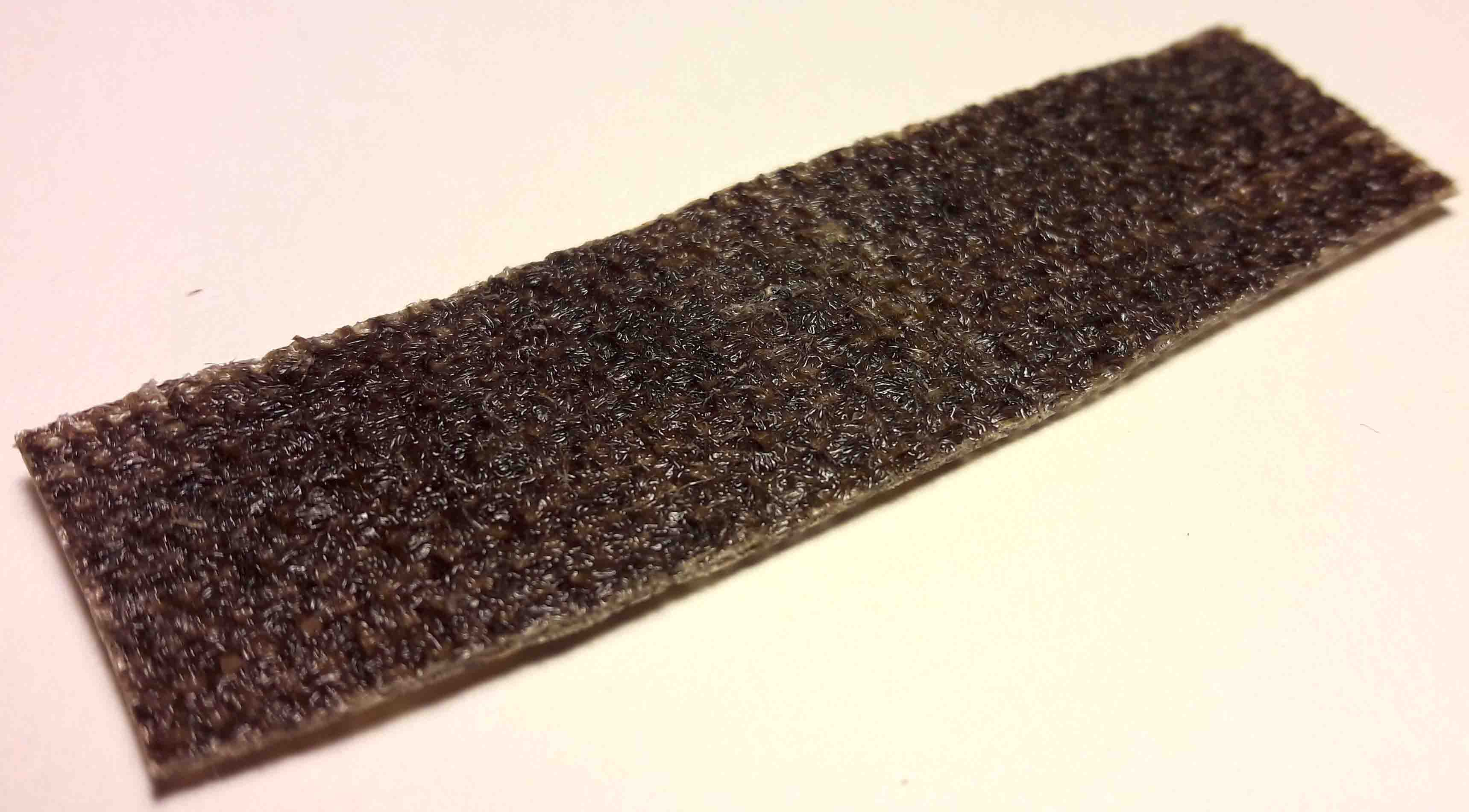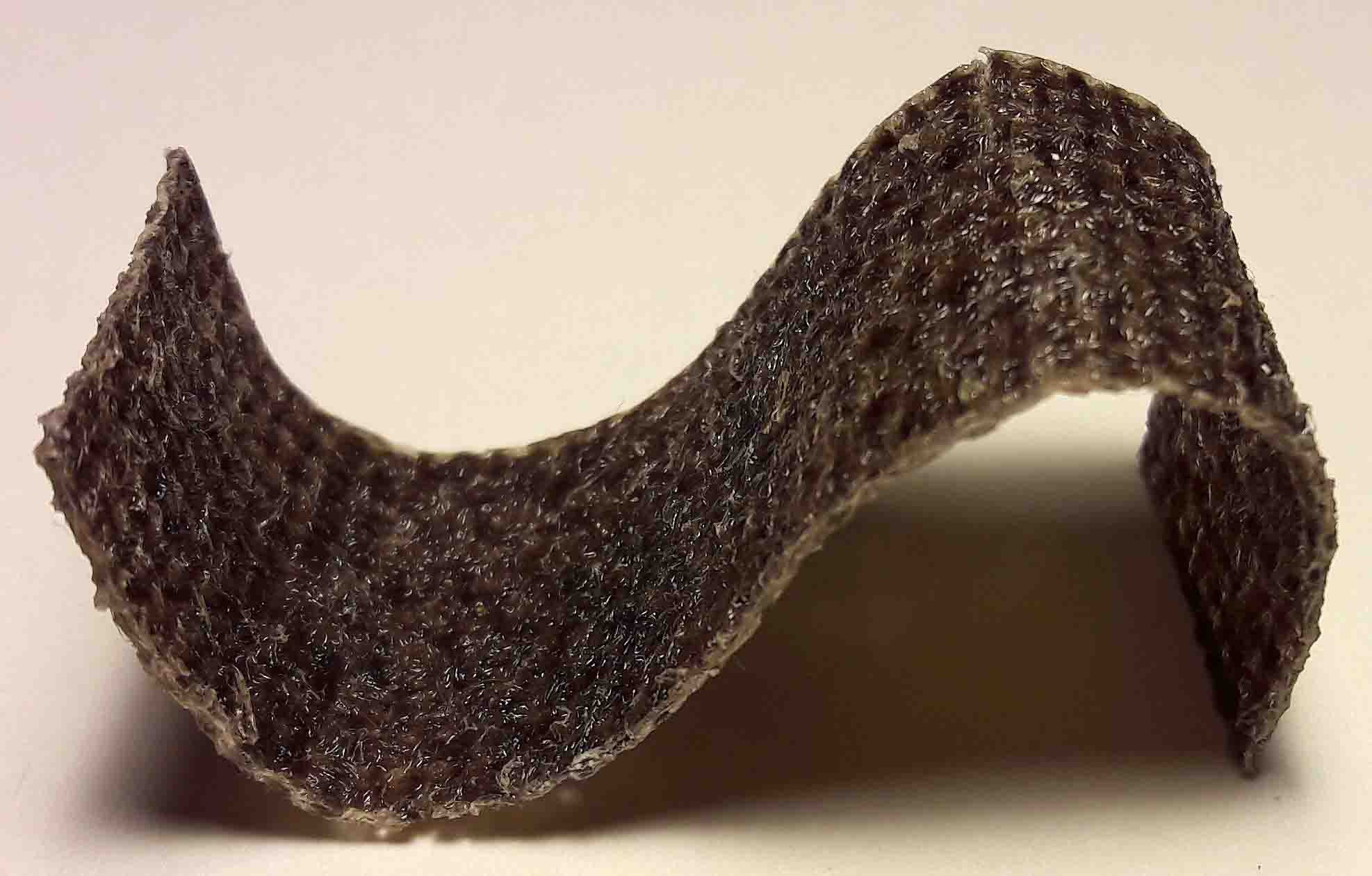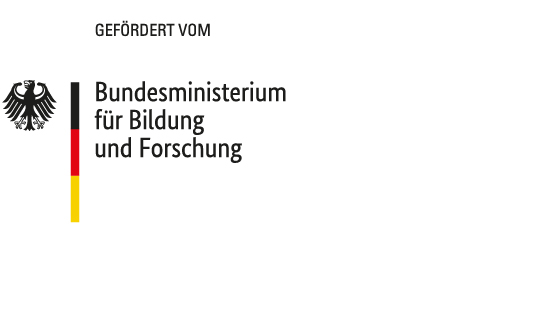The overall objective of the “DeFiCoat” project is the improvement of the processing and performance characteristics of natural fibers in order to expand the application spectrum of natural fiber-reinforced composite materials.
In addition to thermosets, solely standard thermoplastics, such as polyethylene (PE) or polypropylene (PP), are currently used in NFRP production. The processing temperatures of these thermoplastics lie within a low temperature range which is usually below 200 °C. In comparison to standard thermoplastics, engineering thermoplastics such as polyamide (PA) offer higher mechanical properties as well as superior chemical and thermal resistance. For this reason, a great deal of potential exists within the industrial sector as regards their use in combination with natural fibers. As thermal decomposition of natural fibers occurs at higher processing temperatures, they cannot be processed directly with thermoplastics such as PA.
We are conducting application-oriented research into the improvement of the thermal stability of natural fibers in order to enable their incorporation into engineering thermoplastics at temperatures above 200 °C. The process is based on a coating of the natural fibers with a thermosetting polymer in order to prevent their thermal degradation at higher processing and service temperatures.
Within the framework of the project, natural fibers and textile semi-finished products are provided with a thermosetting coating and subsequently integrated into the polyamide via hot pressing. Through the supplementary use of additives, the coating properties are purposefully optimized in order to create a reproducible quality. The success of the technology to be developed will be proven through a comprehensive characterization of the coated fibers and the produced biocomposites, including non-destructive analysis of the internal structure via computed tomography (CT). Furthermore, an investigation into the thermal stability and the mechanical properties will be carried out. The obtained project results will be transferred application-specifically into components. Over the course of the project, a basis for the development of a new class of high-quality NFRP will be pursued, which will enable engineering applications in diverse industry sectors such as construction, automotive, sports and leisure.
 Fraunhofer Institute for Wood Research
Fraunhofer Institute for Wood Research 


